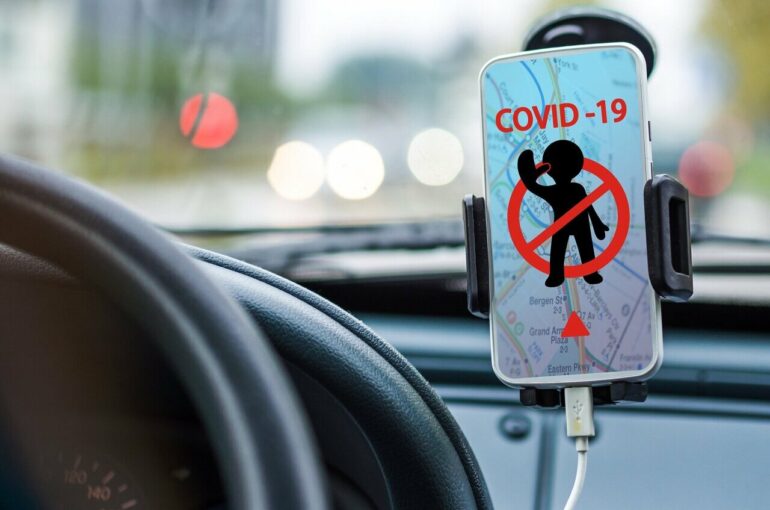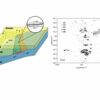A leading ecologist from the University of St Andrews calls for coordinated action to investigate the environmental impacts of humanity’s emergence from the COVID-19 pandemic.
In early 2020, COVID-19 lockdowns caused an ‘anthropause’—a drastic global reduction in human mobility. Two years later, as restrictions are gradually being lifted, a surge in travel activity beyond pre-pandemic levels—or ‘anthropulse’ – seems imminent.
In an article published in the journal Nature Reviews Earth and Environment, Professor Christian Rutz, from the School of Biology at the University of St Andrews, explains how, under the most tragic circumstances, the COVID-19 pandemic afforded opportunities to study humanity’s impact on the natural world. He argues that measuring the effects of pauses and pulses in human mobility on wild animals and their environments will help us plan for a more sustainable future.
Rutz’s team had previously coined the term ‘anthropause’, to describe the period of unusual planetary calm caused by early COVID-19 lockdowns. The word quickly found its way into everyday language usage and inspired many research projects investigating how nature responded when approximately half of the world’s human population sheltered at home.
One of these projects is the COVID-19 Bio-Logging Initiative. This international research consortium, which Rutz helped launch in May 2020, investigates wildlife movements before, during and after COVID-19 lockdowns, using data collected with tiny animal-attached electronic devices called ‘bio-loggers’. The team has amassed more than one billion GPS location records for some 13,000 tagged animals from all around the world—including birds, mammals and a variety of marine species.
Now, as the world slowly emerges from this devastating pandemic, we may witness a temporary reversal of earlier lockdown effects. People are keen to make up for time lost over the last two years, and are planning to see friends and family, enjoy an overdue holiday, and catch up with work commitments. “This could cause a global spike in human mobility,” explains Rutz, who has given this phenomenon a fitting name – ‘anthropulse’.
A post-pandemic anthropulse would likely have significant environmental impacts, which Rutz and other scientists are preparing to document.
Professor Richard Primack, a conservation biologist from Boston University, U.S., comments: “The pandemic caused endless suffering but, as scientists, we simply cannot afford to miss the opportunity to assess the environmental consequences of these pauses and pulses in human mobility.”
Dr. Marlee Tucker, a movement ecologist at Radboud University in the Netherlands, who collaborates with Rutz on several animal-tracking projects, agrees: “There are very important lessons we can learn for conservation biology and environmental planning. We are doing this work to search for innovative ways of mitigating adverse environmental impacts.”
The scientists are keen to understand better how different aspects of human activity affect the natural world, including the movements of people, various types of motorized traffic, and associated pollution levels. Ultimately, they hope, this period of crisis may allow humanity to identify a clear path towards building a sustainable future.
More information:
Studying pauses and pulses in human mobility and their environmental impacts, Nature Reviews Earth and Environment (2022). DOI: 10.1038/s43017-022-00276-x
Provided by
University of St Andrews
Citation:
Scientists prepare for ‘anthropulse’ as COVID-19 travel restrictions ease (2022, March 15)



